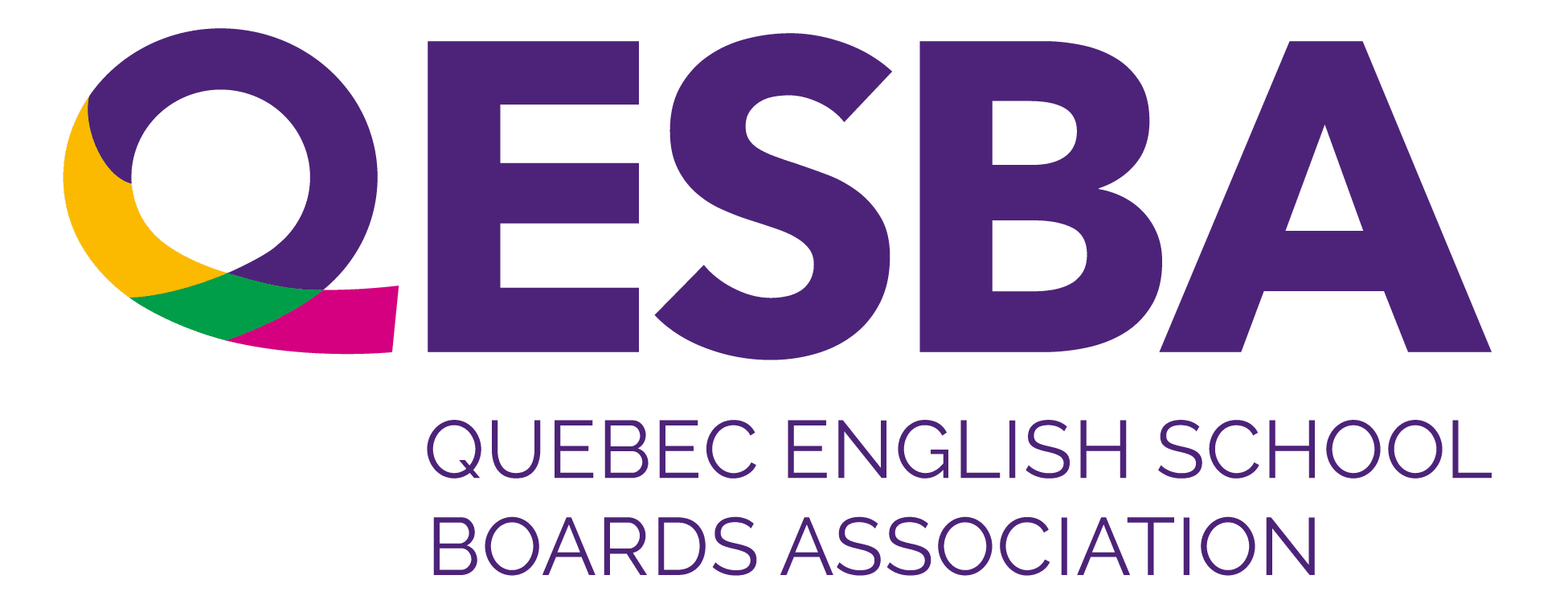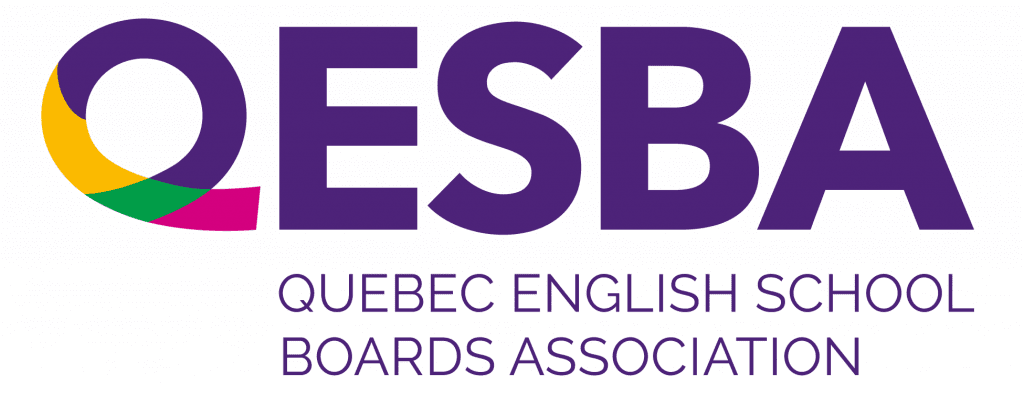Montreal, February 21, 2022 – The Quebec English School Boards Association (QESBA) is disappointed that the Government members appear primed to reject the possibility of a one-time renewal of the three-year temporary certificates for instruction in English, introduced in Parliamentary Committee last Thursday.
Speaking on behalf of the Government, Simon Jolin-Barrette, argued in favour of the limitation of three years by suggesting that any longer period might, eventually, qualify the student to become a rights holder for English education should they choose to become a Canadian citizen, and have children they could later enrol in an English public school. The Minister described the current situation as a “hole in the Charter of the French Language”.
Repeatedly questioned by MNA David Birnbaum, Simon Jolin-Barrette was incapable to quantify the number of cases of temporary certificates held by foreign nationals translating into permanent rights holders. If the proposed three-year limit is designed to plug a theoretical hole in the current Charter, there needs to be demonstrative proof of a problem.
“Despite his often-used phrase that nothing in Bill 96 negatively affects the rights of English-speaking Quebecers, the Minister seems unconcerned with the impact that this new three-year limit on temporary certificates, will have on the recruitment of foreign nationals here for temporary stays,” said QESBA President Dan Lamoureux.
The Parliamentary Committee has adjourned its work until February 22nd. QESBA is hopeful that the Government of Québec will reconsider its opposition to a compromise position of a one-time renewal of the three-year temporary certificate. Fundamentally, as was demonstrated in the debates in Parliamentary Committee last Thursday, the Government’s three-year limit is a “solution” in search of a hypothetical problem, which will have a negative impact on enrollment in the English education network.
QESBA is the voice of English public education in Québec and represents 100,000 students in over 300 elementary, high schools, and adult and vocational centres across Québec.

